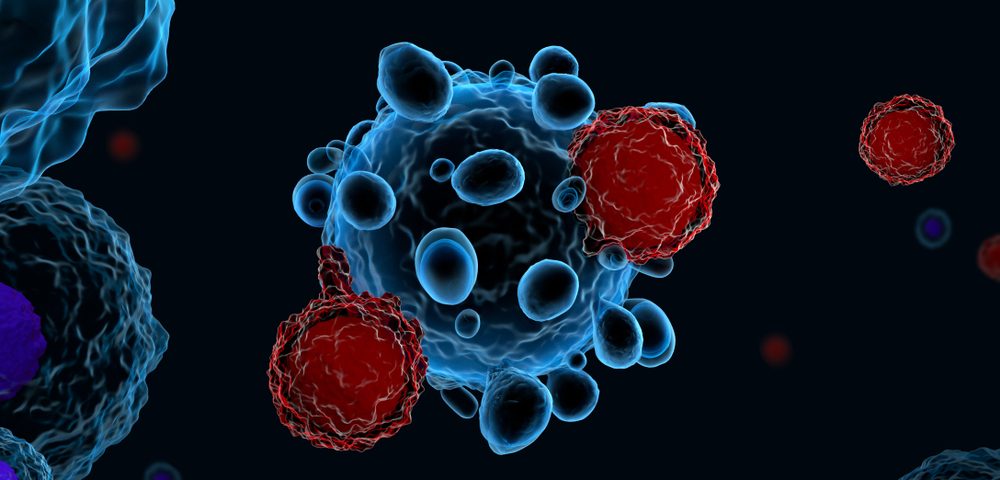The European Medicines Agency (EMA) has recommended the approval of two lymphoma medications: Kymriah (tisagenlecleucel) and Yescarta (axicabtagene ciloleucel).
The EMA’s decision represents the first two recommendations for chimeric antigen receptors (CAR) T-cell therapies in the European Union. This type of therapy modifies patients’ own immune T-cells to improve their ability to fight cancer.
Kymriah and Yescarta also are the first therapies supported through the EMA’s PRIority MEdicines (PRIME) program that received positive opinions from the Committee for Medicinal Products for Human Use (CHMP). PRIME is intended to provide scientific and regulatory support to treatments with potential to significantly address patients’ unmet medical needs.
Both medications had been granted eligibility to PRIME in 2016 — Kymriah for the treatment of acute lymphoblastic leukemia (ALL) and Yescarta for diffuse large B-cell lymphoma (DLBCL).
“CAR T-cells transform the fight against serious and often fatal diseases in the EU,” Martina Schüssler-Lenz, chair of the EMA’s Committee for Advanced Therapies (CAT), said in a press release. The CAT is responsible for evaluating the quality, safety, and effectiveness of advanced therapy medicinal products, such as Kymriah and Yescarta. The CHMP then takes the CAT’s opinion into account in deciding whether to recommend approval.
“Kymriah and Yescarta offer an innovative approach where patients’ cells are reprogrammed and reinjected to attack the cancer,” Schüssler-Lenz said.
Tomas Salmonson, chair of the CHMP, added: “Innovative treatments such as CAR T-cells have potential to change the outlook for patients with cancer, but they also come with new scientific and regulatory challenges.”
Salmonson noted the CHMP’s work in establishing a patient registry to collect long-term safety and effectiveness data for the two therapies, now open for public consultation. Using tools such as scientific advice, a specific workshop on patient registries for CAR T-cells, and PRIME, the CHMP defined how to monitor Kymriah’s and Yescarta’s risk-benefit profiles, as well as their risks, “so that patients can benefit from these innovative treatments,” Salmonson said.
The primary safety concern associated with CAR T-cells is cytokine release syndrome (CRS), a form of systemic inflammatory response causing flu-like symptoms that may be effectively treated with RoActemra (tocilizumab).
The authorization contains a risk management plan with information on how to monitor and ease CRS. The CHMP also recommended adding the treatment of CAR T-cell-induced CRS as an indication for RoActemra.
The European Commission will now receive the CHMP’s opinions to rule on E.U.-wide marketing authorizations. Decisions about price and reimbursement are made by each member state.
Kymriah, by Novartis, is approved in the U.S. for the treatment of relapsed or treatment-resistant B-cell ALL in children and adolescents, and for adults with relapsed or refractory large B-cell lymphoma.
In January 2018, the EMA granted accelerated assessment to Novartis’ Marketing Authorization Application for Kymriah for the treatment of children and adolescents with B-cell ALL and adults with DLBCL not eligible for autologous stem cell transplant, which uses the patients’ own cells.
As for Yescarta, it is approved in the U.S. as a therapy for patients with relapsed or refractory aggressive B-cell non-Hodgkin’s lymphoma, who failed at least two prior therapeutic approaches.


